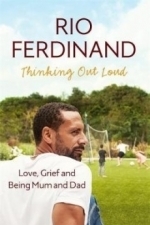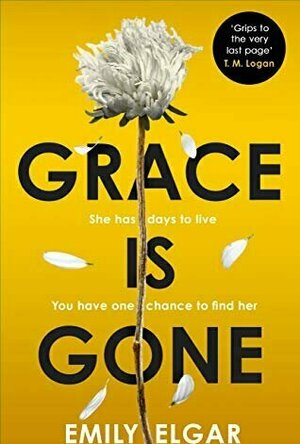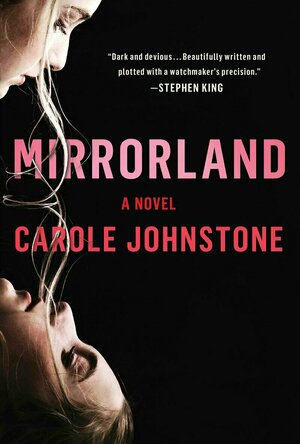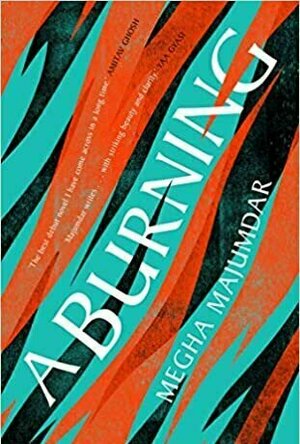
Thinking Out Loud: Love, Grief and Being Mum and Dad
Book
'Rio's honesty is astonishing, and will change how men grieve and how men think about their...
Biography sport

Active Voice HD : Speech-To-Text
Social Networking and Productivity
App
Active Voice HD is the power of your voice in the palm of your hands! - Use your voice to send...

Frontline: Road to Moscow
Games and Education
App
NOTE : This game requires an iPad2, iPhone4, iPodTouch 6th generation or later. Older devices do not...

Grace is Gone
Book
Intriguing characters and a storyline that suddenly throws everything in the air, I was completely...

Mirrorland
Book
Dark and devious…beautifully written and plotted with a watchmaker’s precision’ STEPHEN KING ...
Suspense Adult Fiction Psychological Thriller

A Burning
Book
A girl walks through the slums of Kolkata holding an armful of books. She returns home smelling of...

Transantiago Bus Checker - Live Santiago Bus Times
Travel and Lifestyle
App
Transantiago Bus Checker brings you live bus times, smart journey planning and detailed route maps...

Web Camera Online - Live CCTV IP Video Cams Viewer
Travel and Entertainment
App
View thousands of public live real time online video streaming CCTV surveillance and security web...

Curry Recipe
Food & Drink and Education
App
Indian cuisine has been around for at least 2500-3000 years and it has changed much over the years....

Trail Running Magazine: run off the beaten track
Magazines & Newspapers and Health & Fitness
App
Trail Running is the UK's first and best magazine devoted completely to the exciting, adventurous...